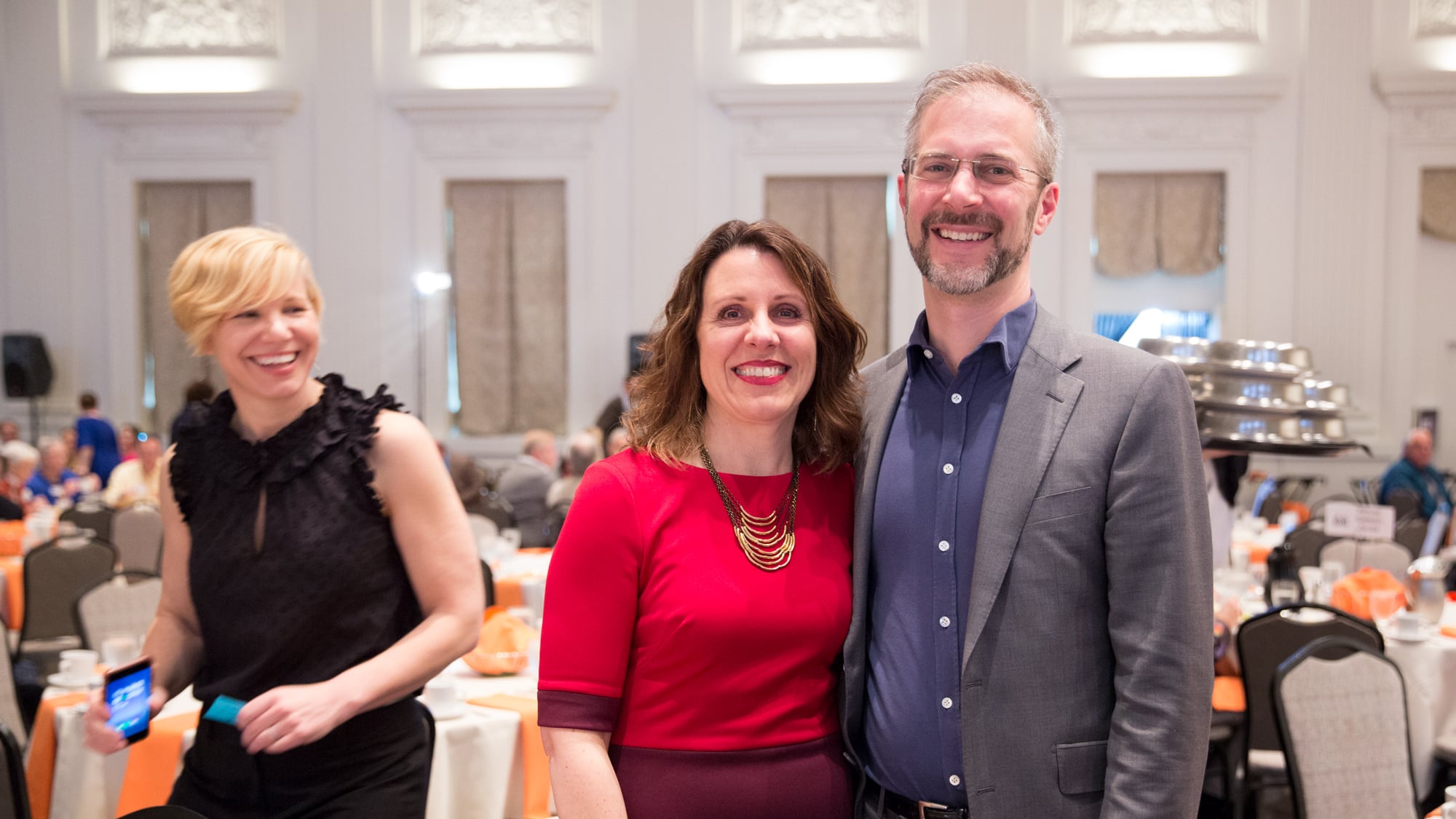Nik Blosser, onetime chief of staff to Gov. Kate Brown and a former vice president at Portland General Electric, tells WW he wanted to run for the Portland City Council this November.
But Blosser abandoned his plans after he learned that he couldn’t keep any outside income, should he win a spot on the 12-member City Council this fall. That meant Blosser would have had to give up his ownership stake in his family’s Willamette Valley winery.
That rule in the city charter—that officeholders in Portland city government can’t make outside income—has been in the city charter since 1913. But in 2022, Portland voters approved an overhaul of city government that creates the 12-member City Council dedicated to passing policy (instead of what the current City Council does, which is manage city bureaus). The new role of city councilors mirrors that of state legislators, who often hold outside jobs—but it pays triple the salary, and the city charter remains unchanged in its prohibition of outside sources of income.
Blosser, who is married to former Multnomah County Commissioner Deborah Kafoury, says he was serious about the bid for office but abandoned any plans after he read Section 2-204 of the city charter, which prohibits councilors from holding “any other office or position of profit” or pursuing any other business or vocation.
Concerned that he’d have to give up his role at Sokol Blosser Winery, Blosser asked the City Attorney’s Office earlier this year for clarification. The office told him the statue had a narrow interpretation, which meant he’d have to shift to a passive, unpaid role at the winery and relinquish ownership if he wanted to serve on the City Council.
“Even if I’m not running it or actively involved with it, if you’re part of a family business it’s impossible to be passive,” Blosser tells WW. “It was decisive.”
After speaking with Blosser, the City Attorney’s Office posted a memo addressing the provision on the city’s elections webpage. It explains that the provision intends to ensure that the whole of a councilor’s time, energy and attention are focused not on their own affairs but on those of the City Council.
The 20-member commission that created Portland’s new charter in 2022, and which Portland voters overwhelmingly approved in November 2022, considered removing the prohibition, but opted to keep it and established a salary commission that set a “thriving wage” for city officials to make sure that anyone can run for the council regardless of financial status. The salary commission set a city councilor’s annual salary at $133,000.
The new city charter changes the role of city councilors to be that of legislators, not managers—under the city’s current form of government, the five members of City Council oversee and manage portfolios of bureaus. Portland is the only major city in the country that’s still operating under the commission form of government.
Blosser says he thinks this provision discourages business owners from running for City Council.
“I learned this and I think there are quite a few people who could be affected,” he said.
There are several business owners vying for spots on the City Council. Debbie Kitchin, who’s running in District 2, co-owns Interworks, a construction contracting company. James Armstrong, also running in District 2, is the president of Alberta Eye Care. Chomba Kaluba, who entered and then dropped out of the race for District 4, owns Energy Iz Everything, a clothing brand.
Other candidates have faced the same decision. Chloe Eudaly, for example, closed her bookstore when she was elected to City Council in 2016.
Blosser was willing to relinquish his day-to-day duties at the winery, but he wasn’t willing to give up ownership, he said.
“I consider myself a pretty progressive guy,” Blosser says. “I don’t know the history of this section of the charter, but it seems to have come from Karl Marx’s handbook.”
